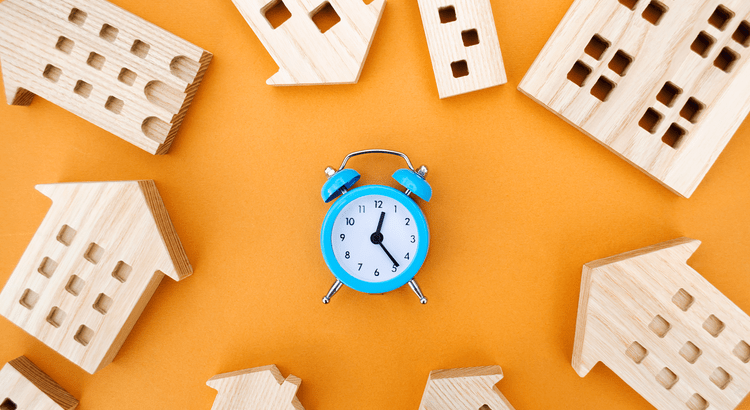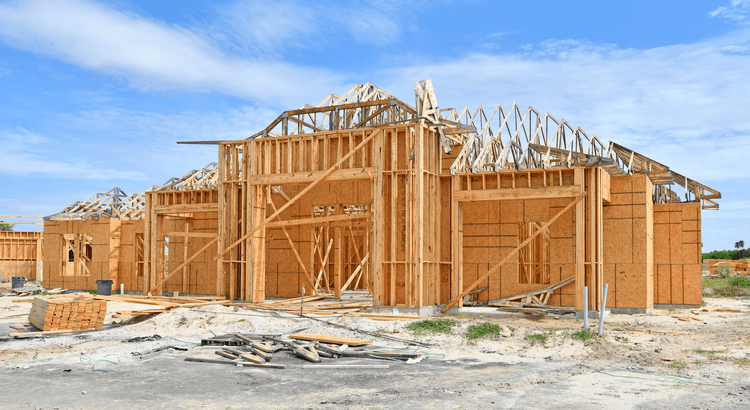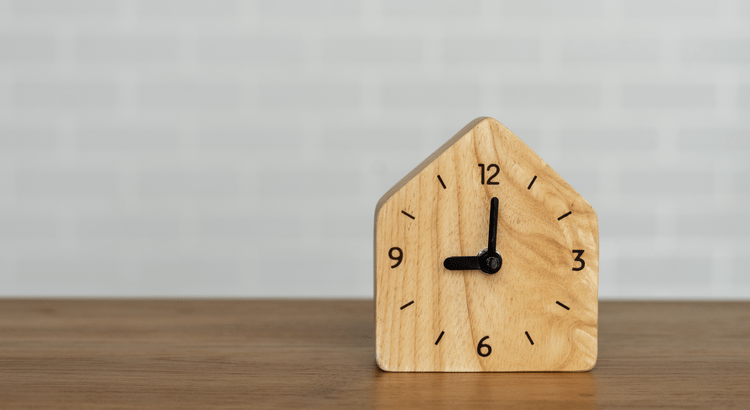
How VA Loans Can Help Make Homeownership Dreams Come True
For more than 79 years, Veterans Affairs (VA) home loans have helped millions of veterans buy their own homes. If you or someone you care about has served in the military, it's essential to learn about this program and its advantages. Here are some important things to know about VA loans before y

Why Home Prices Keep Going Up
If you've ever dreamed of buying your own place, or selling your current house to upgrade, you're no stranger to the rollercoaster of emotions changing home prices can stir up. It's a tale of financial goals, doubts, and a dash of anxiety that many have been through. But if you put off moving beca

Affordable Homeownership Strategies for Gen Z
The idea of owning a home has always been a big part of the American Dream. It's a symbol of stability, independence, and having a place to truly call your own. But for Gen Z, the "Zoomers" born between 1997 and 2012, making that dream a reality can feel like quite the challenge today with higher
Categories
Recent Posts










